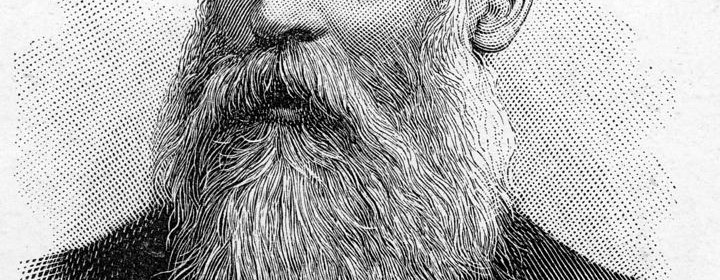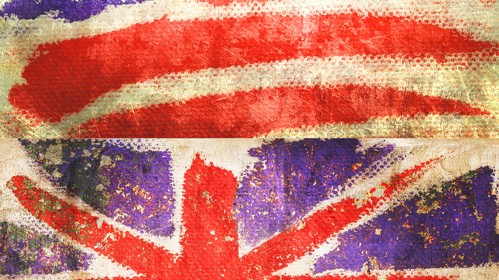Why the Mass Avoidance of Some Business is Called “Boycotting”

This term was named after a nineteenth century Englishman, Captain Charles C. Boycott (who originally had the surname “Boycatt,” but the family changed the spelling when he was nine years old). If you guessed that at a certain point Captain Boycott became quite unpopular with the masses, you’re correct. Shortly before Boycott would find himself boycotted, the situation in Ireland […]
Read more
















